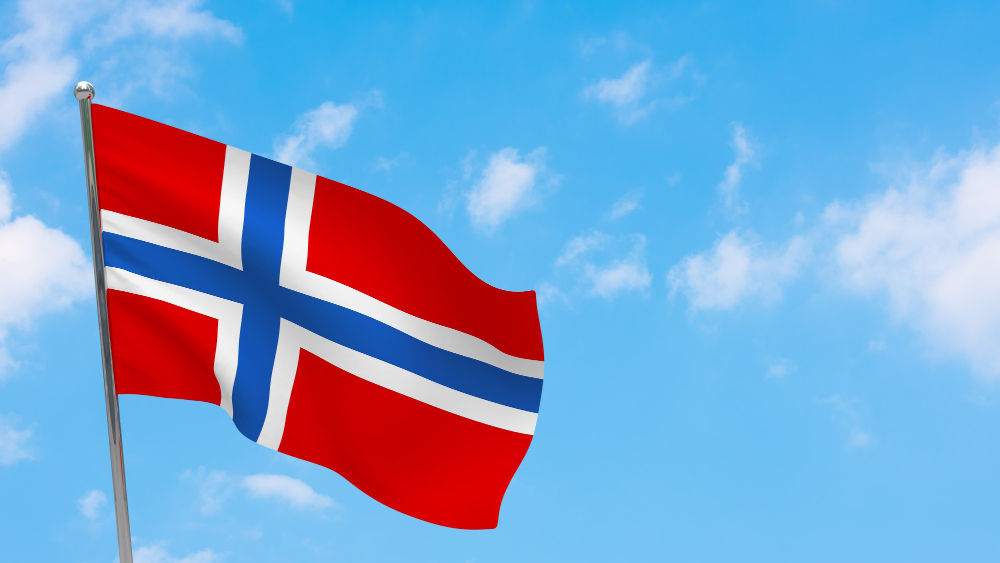Norway to Introduce Tourist Taxes Soon
Key Highlights
-
Norway is set to become the next European country to introduce a tourist tax, following recent government approval of the measure.
-
The tax comes in response to a surge in tourism, with a record 36 million visitors in 2024, driven by rising interest in cooler climate destinations.
-
Revenue from the tax will be reinvested into tourism infrastructure, benefiting both visitors and local communities.
Norway Approves New Tourist Tax to Support Sustainable Tourism
The Norwegian government has officially approved a tourist tax targeting visitors to the country’s most popular travel destinations. Tourists will soon be required to pay a 3% fee on overnight stays, which will likely be added directly to accommodation costs.
Local authorities will have the flexibility to adjust the tax rate seasonally and apply it based on regional needs, allowing for tailored implementation.
Tourist Tax Revenue to Improve Infrastructure
Tourism in Norway reached unprecedented levels in 2024, with 38.6 million overnight bookings, highlighting the country’s growing popularity. In response, the government plans to use the revenue generated from the new tourist tax to enhance infrastructure, particularly in areas heavily impacted by tourism.
However, municipalities will need to demonstrate insufficient existing infrastructure before accessing these funds for upgrades.
Cecelie Myrseth, Norway’s Minister of Trade and Industry, called the tourist tax a “historic agreement,” aligning Norway with several other EU nations that have adopted similar measures.
Cooler Destinations Fuel Norway’s Tourism Boom in 2025
With global travelers increasingly seeking cool-climate destinations, Norway is expected to see another significant rise in tourism throughout 2025. The previous year already saw a 4.2% increase in overnight stays, with the Lofoten Islands and Tromsø emerging as top destinations.
Yet, the tourism surge has sparked concerns among locals. A study by Norwegian Tourism Partners found that 77% of Tromsø residents felt overwhelmed by the number of tourists during peak periods.
Context Across Europe: Tourist Taxes on the Rise
Norway's move follows similar actions across Europe. For example, Catalonia, Spain, recently raised its tourist tax to €15 per night. The cost varies by accommodation type, with tourists in five-star hotels paying up to €7.50, while four-star stays can incur fees between €5.70 and €6.25, especially in short-term rentals.
These developments reflect a broader trend across Europe to manage over-tourism and invest in long-term sustainability through tourist contributions.

